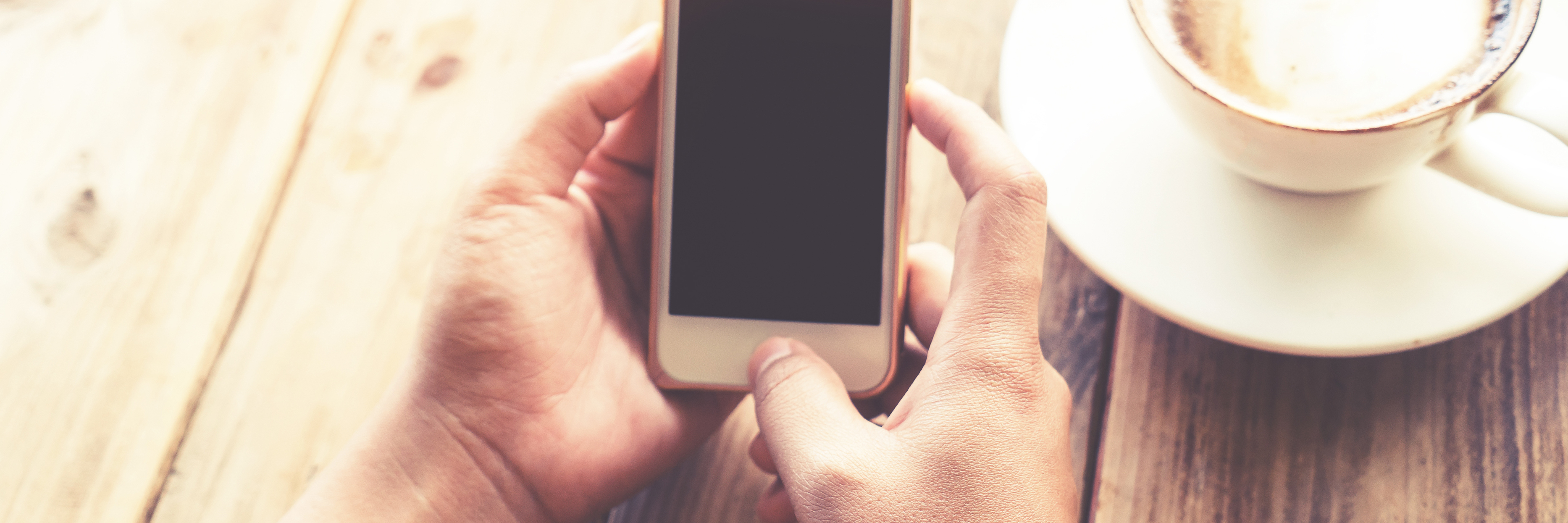12 iOS and iPhone Apps for Emotional Wellness
As a therapist, I am always looking for tools to expand the benefits of counseling past the therapy hour. When I look to apps, I am looking for tools that are steeped in evidence-based strategies for managing stress, depression, anxiety and trauma. You’ll find some of my favorite apps for emotional wellness below, which can be used to support therapies such as cognitive behavioral therapy (CBT), mindfulness training, dialectical behavior therapy (DBT) and behavioral activation. I am only including apps that have a 4 or 5-star rating, and offer at least some content for free. Don’t worry, I’m not getting paid by any of these apps for advertising purposes. I just like apps… and emotional wellness, of course. Keep in mind that these apps are not a replacement for therapy, and won’t work at all if you forget to use them. Many emotional wellness apps will even stipulate they are best used in conjunction with therapy, which is probably a good idea if you are experiencing persistent emotional problems. Still, these apps are great for anyone, so enjoy! Click on app titles for links to iTunes.
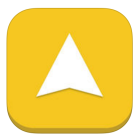
1. The Stress & Anxiety Companion app “gives you the tools you need to manage anxious feelings and identify their triggers so they won’t trip you up in the future. It can help build your mental muscles to make you stronger and happier.” This app uses CBT strategies, such as relaxation training, negative thought reframing exercises, and education on stress and anxiety.
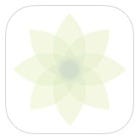
2. I dare you to use Moment to track your screen usage. You might be appalled to find out exactly how many times you pick up your phone in a day or how many hours you are immersed in your phone. At least, I was. Moment can help you develop awareness about your phone habits and set personal goals and limits around screen time. Moment offers a family version as well. If you could cut down on the amount of time spent on your phone, what else would do with that time?
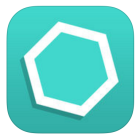
3. Start — “is your medication working for depression?” Starting an antidepressant medication can be an uneasy endeavor for a lot of individuals. Our society has a lot of hangups about medication to manage anxiety and depression, despite evidence that it can be helpful for a lot of people. (See Science Vs’s podcast episode on the subject for a deep dive on antidepressants). Start is an app that helps you monitor if your antidepressant is working for you by helping you track your mood, any side effects, and overall adjustment after starting a new antidepressant. Start will also help you remember to take your medication, removing one more obstacle to seeing effective results in using psychotropics to improve depression or anxiety.
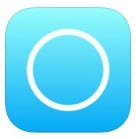
4. Aura offers beautiful and relaxing mindfulness exercises to keep you staying grounded, centered and in touch with your emotional well-being. Select specific exercises designed to boost gratitude, awareness of mood, and relaxation. You have the option to set daily reminders to keep you on track with your mindfulness practice.
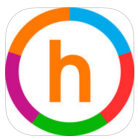
5. Happify makes fun out of positive psychology, mindfulness and CBT techniques by creating games and tools that individuals can use for targeted goals. Happify offers different programs for feeling fearless, conquering negative thoughts, increasing optimism, decreasing relationship tension, interrupting stress and other areas to boost life satisfaction. Happify has both app and browser versions. I know it made me feel a bit happier when I tried it.
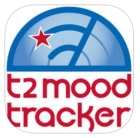
6. T2 Mood Tracker “allows users to monitor their moods on six pre-loaded scales (anxiety, stress, depression, brain injury, post-traumatic stress, general well-being). Custom scales can also be built. Users rate their moods by swiping a small bar to the left or to the right. The ratings are displayed on graphs to help users track their moods over time. Notes can be recorded to document daily events, medication changes and treatments that may be associated with mood changes, providing accurate information to help health care providers make treatment decisions.”
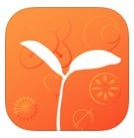
7. ThinkUp harnesses the power of positive affirmations by allowing you to record inspirational statements in your own voice. ThinkUp has a beautiful layout, easy interface and allows you to pick targeted affirmations to boost motivation towards personalized goals. Set intentions for daily practice.
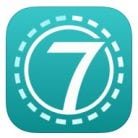
8. Since it is well-established that health and mental wellness are inextricably tied, I had to include at least one physical exercise app on this list. Exercise has been shown to improve mental health by “reducing anxiety, depression, and negative mood and by improving self-esteem and cognitive function. Exercise has also been found to alleviate symptoms such as low self-esteem and social withdrawal.” You don’t even need to work out for very long to reap the benefits of an exercise routine, as long as your exercise is high intensity. The app Seven offers a highly effective workout that you can do anywhere in just seven minutes. “Using nothing more than a chair, a wall, and your own body weight, the 7-minute workout is based on scientific studies to provide the maximum benefit of working out regularly in the shortest time possible.” It turns out that seven minutes of intense exercise is enough to give you a quick mood boost. I’ve also found that kids love this app (read: easy way to expend extra energy before bedtime), so it is fun enough to do together as a family. Now you don’t have the excuse that you can’t fit in a little exercise into your busy schedule.
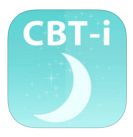
9. CBT-i Coach “is for people who are engaged in cognitive behavioral therapy for Insomnia with a health provider, or who have experienced symptoms of insomnia and would like to improve their sleep habits. The app will guide users through the process of learning about sleep, developing positive sleep routines, and improving their sleep.” Developed in a partnership between the VA’s National Center for PTSD with Stanford University Medical Center, and the DoD’s National Center for Telehealth and Technology and VA Sierra Pacific Mental Illness Research, Education, & Clinical Center, CBT-i Coach uses the most advanced evidence to help you improve your sleep through use of relaxation exercises, psychoeducation about healthy sleep habits, sleep diaries, symptom tracking, medication monitoring and customizable reminders.
10. Pocket Rehab is a “private, social platform to share encouragement, track personal progress and find inspiration to continue working towards your [substance use] goals.” We still have a long way to go in developing apps for helping individuals reduce harmful drug and alcohol use. For example, I don’t like the fact that most of the apps out there for drug and alcohol use are based on the abstinence model, which expects users to stop their use completely and just doesn’t work for a lot of people. I would like to see more apps built on harm reduction principles, which encourages individuals to start with small changes to reduce their use or reduce the harm that comes from their use. Harm reduction is well supported by research and is a rich territory for app development. Still, I include Pocket Rehab here because I believe it has a lot to offer in terms of confidential peer support and goal tracking.
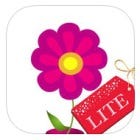
11. Women may appreciate Period Tracker Lite for its ease of tracking your monthly period, as well as any associated emotional changes or physical discomforts. If you have ever been surprised by a sudden mood change and then figured out it may have had something to do with subtle hormone changes, you may want to track your period. Period Tracker Lite helps you get a better understanding of your menstrual cycle’s impact on your mood. It has the added bonus of helping you track fertility for pregnancy planning/prevention.

12. Relax Melodies offers relaxing sound baths, such as chanting monks, purring cats or the ocean. You have the option to mix and match or overlay more than 50 different sounds from nature, weather, white noise and music. Fellow writers may especially appreciate the background noises from a coffee shop theme. RelaxMelodies sells itself as a sleep aid, which definitely makes sense, but I have also seen it used in meditation, pain management, birth plans, soothing babies and drowning out background noise.
Not Apps, But These Deserve Honorable Mentions Anyway:

Aloe sends beautiful self-care checklists, check-ins and helpful tips directly to your inbox. It looks like Aloe is still in development and seeking funding, but it shows promise. I hope they do well.
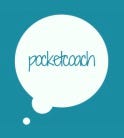
Pocket Coach is a relaxation app only available in Facebook messenger, that PMs you helpful tips and guided exercises. You can definitely tell it is a bot giving you advice, but you might forget for a minute because it is such a friendly app.
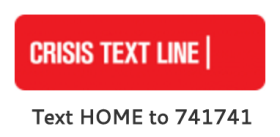
The Crisis Text Line deserves way more than an honorable mention because the dedicated volunteers who staff this crisis text hotline are literally life savers. I am 1000 percent grateful that this resource exists. Crisis Text Line describes themselves best when they say: “Your best friend. Your dad. That lady down the street. That quiet kid in school. That loud kid in school. That dude in accounting. Your cousin in Alaska. That hipster in the flannel in Brooklyn. That rando who might lurk online. Crisis Text Line is for everyone. Crisis Text Line is free, 24/7 support for those in crisis. Text 741741 from anywhere in the USA to text with a trained Crisis Counselor.”
OK, now it’s your turn. What are your favorite apps for emotional wellness?
Anna Lindberg Cedar, MPA, LCSW is an experienced Licensed Clinical Social Worker providing evidence-based counseling in Oakland and self-care on the Internet. Find out more: www.annacedar.com.
We want to hear your story. Become a Mighty contributor here.

